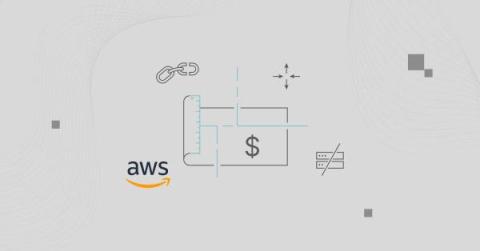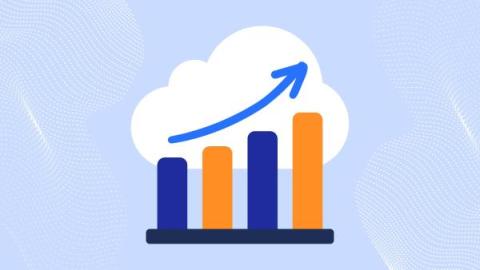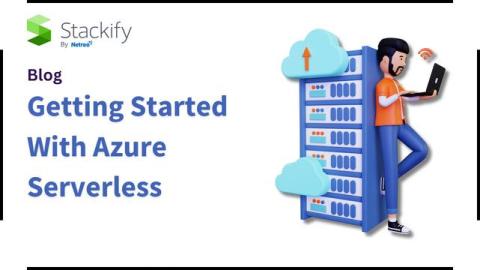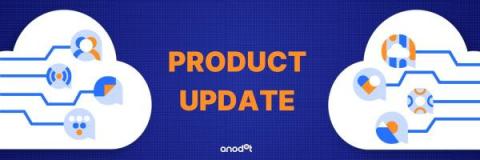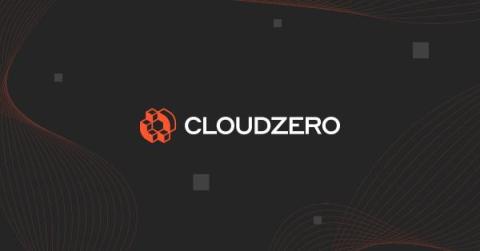AWS FinOps: Tools To Use To Your Advantage
AWS remains the largest cloud service provider (CSP) of the 21st century. It also provides over 240 cloud-based products and services. In some cases, these services help customers like you collect, analyze, and act on data about cloud usage and related costs. In this post, we explore how AWS services support FinOps’ best practices, including the features they offer. If you are looking for even more robust AWS FinOps tools, we will also include third-party platforms.


